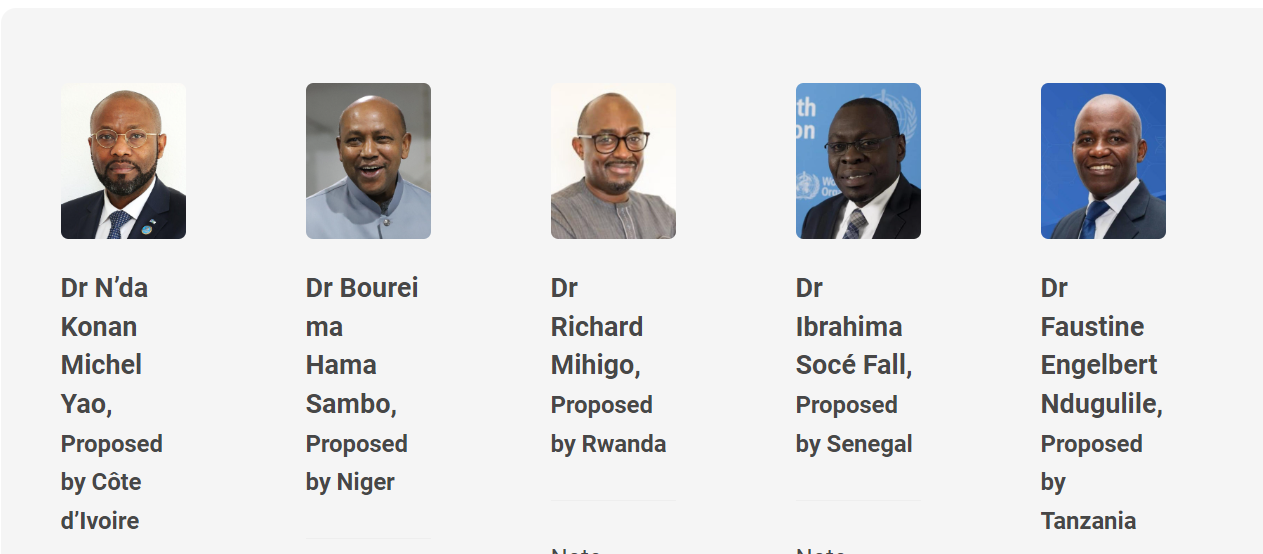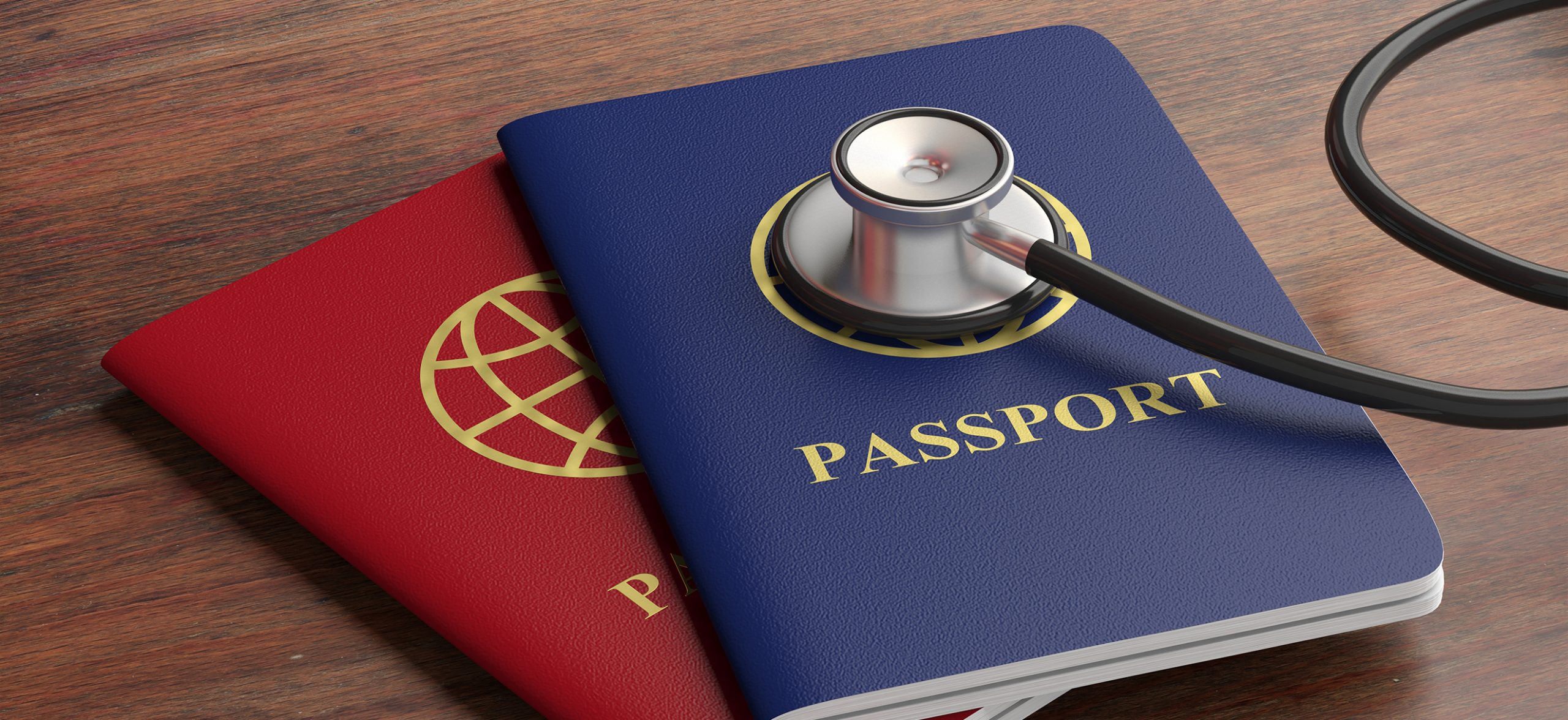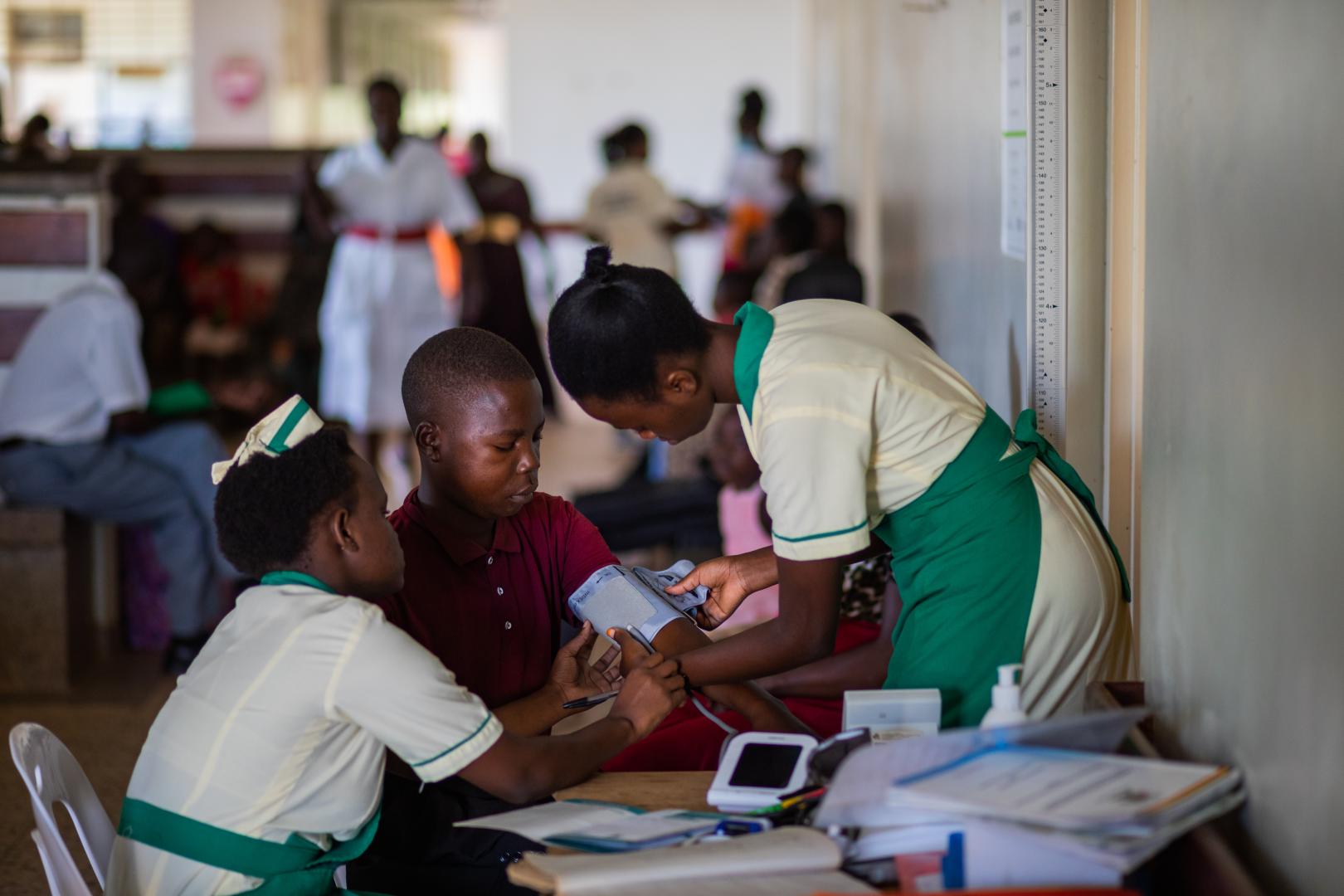- Tanzania on an ambitious plan to become a medical tourism hub in Sub-Saharan Africa.
- Official data show an increased number of foreign nationals who visit Tanzania for medical services.
- Database on how many visitors come to the country for medical tourism urgently needed: experts
Tanzania’s ambitious plan to become a medical tourism hub in Sub-Saharan Africa appears to gain momentum after one of its key health facilities announced plans to host patients from countries across the continent for a week.
The Dar es Salaam-based Jakaya Kikwete Cardiac Institute (JKCI), in collaboration with Egypt-based Andalusia Hospital, is set to host a seven-day medical camp focusing on treating blood vessel problems for patients from 13 African countries.
The camp, scheduled to run from September 22 to 28, aims to provide specialised care for individuals suffering from blocked arteries and related vascular issues.
JKCI encouraged healthcare professionals from district, regional and referral hospitals across the country to refer patients with blood vessel blockages for treatment during the camp.
“The treatments offered at the camp will include unblocking clogged arteries using the catheter lab machine and performing minimally invasive surgery through small incisions to treat enlarged veins with an electric device known as laser ablation, particularly for dialysis patients,” JKCI said in the statement.
“We also encourage patients experiencing leg numbness, non-healing leg ulcers, or blood vessel issues in their legs to visit JKCI for examination and treatment,” it added.
JKCI, a government-owned National Specialised and University Teaching Hospital, provides advanced cardiovascular care, training, and research.
It serves as a referral center for super-specialised cardiovascular treatment for patients from all regions of Tanzania, as well as neighboring countries like Kenya, Malawi, Comoros, Zambia, Uganda, Rwanda, Burundi, Democratic Republic of Congo, Zimbabwe, Sudan and Somalia.
While Tanzania, like many other African nations, is grappling with a number of health challenges, including a shortage of facilities and specialists, some neighbouring countries find solace in Tanzania’s recent advancements in the treatment of cancer, cardiac complications and kidney conditions, among other illnesses.
Recent advancements in Tanzania’s medical ecosystem are creating a new form of tourism that could potentially be a game-changer in the country’s economic growth endeavours.
National Bureau of Statistics (NBS) data collected from the Immigration Department shows that the number of international visitors who traveled to Tanzania increased by 24.3 percent to 1,808,205 in 2023 from 1,454,920 recorded in 2022.
Currently, Tanzania offers an ordinary (single entry) visa, business, multiple entry, transit, gratis and student visas, which according to experts, makes it difficult to identify the foreigners who specifically entered the country for medical services, among those treated in the local health facilities.
Apart from the JKCI, other government hospitals that attract foreigners include Ocean Road Cancer Institute, the Muhimbili Orthopaedic Institute (MOI), Benjamin Mkapa Hospital in Dodoma and some regional hospitals in the country.









